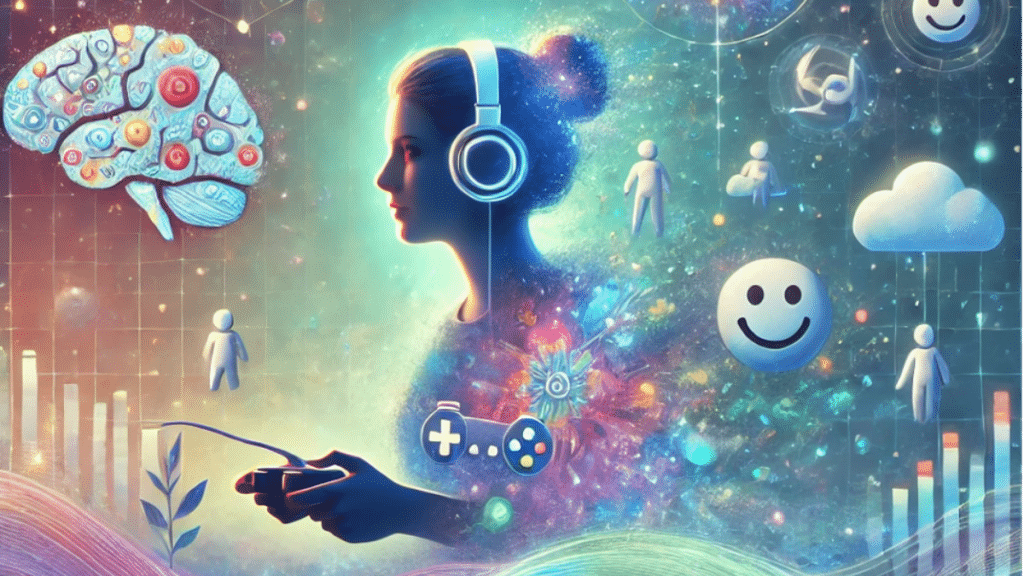Rocketplay DE shows that beyond entertainment, gaming is much more. The reasons behind its influence on mental health are many. Games relieve stress, develop cognitive skills, create social networks, and are used in therapy. Modern games may induce emotional development and enhance mental resilience, even building self-esteem.
Building Cognitive Skills with Games
Games strengthen a number of important brain functions. Reasoning, speed of thoughts, and memory are strengthened through the regular playing of games.
Strategy games teach gamers to think critically and make quick decisions based on unfolding circumstances. Gamers are often found thinking and making quick decisions under pressure, like in the real world.
Fast-paced games enhance multitasking. While playing, it involves juggling a number of objectives while maintaining focus; therefore, improving concentration through the game. Research from universities proves that gamers outperform their peers in aspects of creativity and problem-solving. They adapt faster to new challenges, demonstrating greater mental flexibility in real life.
Stress Relief Through Gaming
Games, therefore, act as a natural stress reliever. It keeps the mind occupied, diverting it from daily worries. Casual games, in their design to relax players, reduce cortisol levels, hence making players less stressed out within minutes. Many such players can report an improved mood and reduced symptoms of anxiety after playing for short sessions.
The interactive playing portrays mindfulness procedures whereby the gamer’s mind is kept at the present. Through this, gamers feel emotionally balanced, playing games to unwind on long, tiring days. Stress relief isn’t just about escape; it also deals with managing emotions more effectively.
Online Gaming as a Social Connector
Communities grow through multiplayer games. Cooperative gameplay instills team spirit in fastening relations between players from different walks of life. Online platforms give people something worth their interaction, reducing social isolation and fostering friendships.
These very gaming communities, in turn, provide emotional support with the feeling of belonging. Many such players rely on these groups, especially when things get thick, finding comfort in what others have gone through. Games that include voice chats improve one’s communicative attributes to a whole new level, making people feel heard and connected.
Key Social Benefits of Online Gaming:
- Allows collaboration: Gamers collaborate in teams to achieve a shared objective.
- Friendships develop: People form long-lasting friendships in virtual gaming communities.
- Loneliness decreases: Social gaming decreases loneliness by establishing a sense of belonging.
More than entertainment, gaming builds mental health through unsuspecting methods. People forge improved cognition, release stress, and even form social connections that stabilize emotional health. Games also encourage persistence, helping gamers face challenges with confidence and adapt to change.
Whether this is done for entertainment or as part of treatment, gaming helps grow emotional intelligence and mental toughness. Mixing fun with self-improvement underlines why gaming keeps gaining importance in mental health support.
